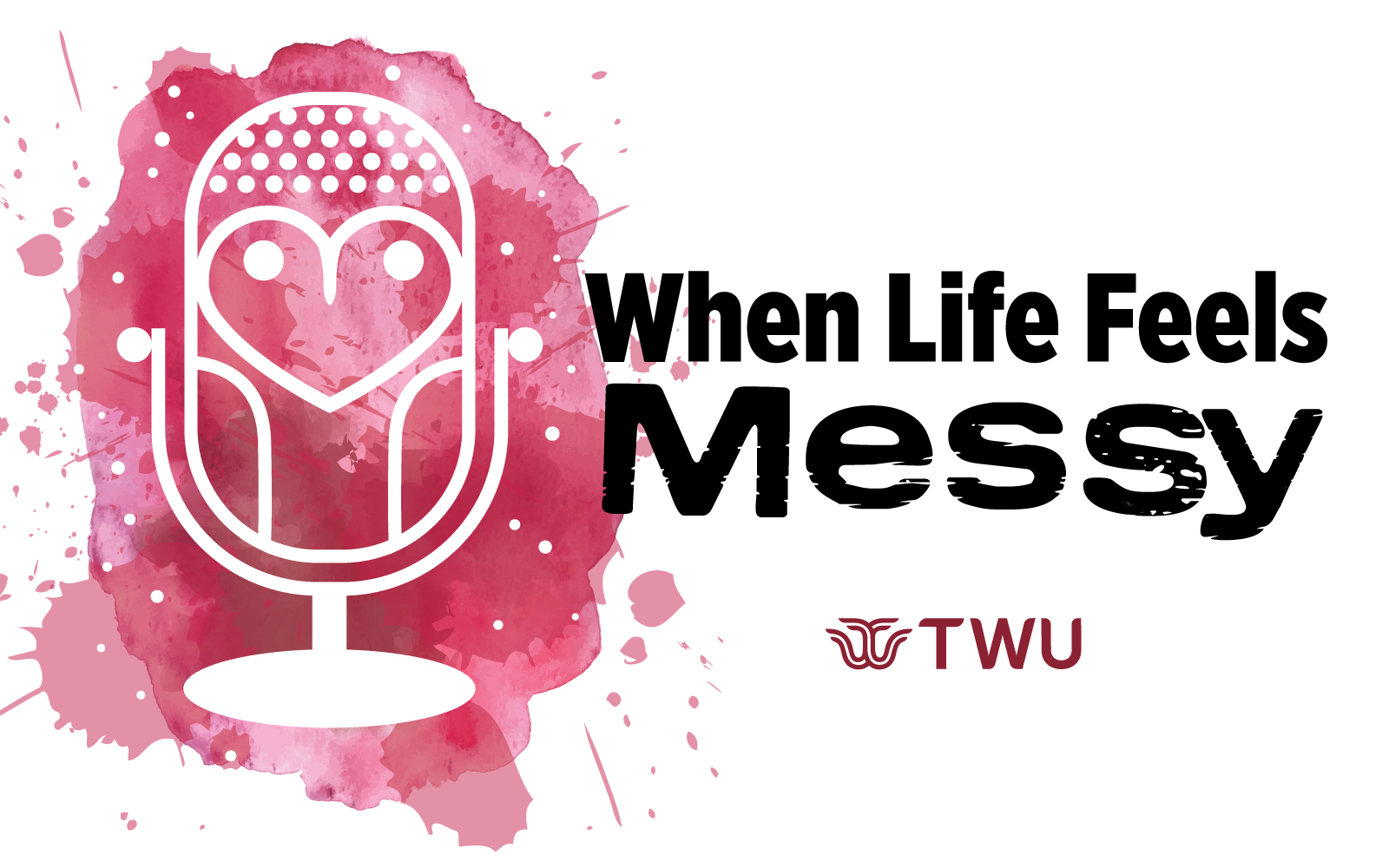Disordered eating is more than just a physical issue—it’s deeply tied to mental health. For many, struggles with food and body image are symptoms of underlying emotional pain, anxiety, or trauma. When left unaddressed, disordered eating can perpetuate a cycle that impacts not just physical well-being but also mental and emotional health. While society tends to focus on extreme cases of eating disorders like anorexia nervosa or bulimia, disordered eating can manifest in more subtle, insidious ways. It can look like skipping meals to "make up" for a night out, obsessively tracking calories, feeling guilty about certain foods, or using food as a way to cope with stress. These behaviors are often dismissed as “normal” or “just part of being health-conscious,” but they can have serious physical and emotional consequences. Disordered eating refers to a wide range of irregular eating behaviors that may not meet the criteria for a clinical eating disorder. These behaviors often ste...

"When Life Feels Messy..." is a multi-faceted project put together for TWU students, staff, faculty, and the community at large, with the mission to increase mental health awareness and advocacy. Join us each month as we delve into a new mental health topic and have those discussions that aren't the easiest to have. Interested in more content? Listen to our podcast at: https://anchor.fm/when-life-feels-messy